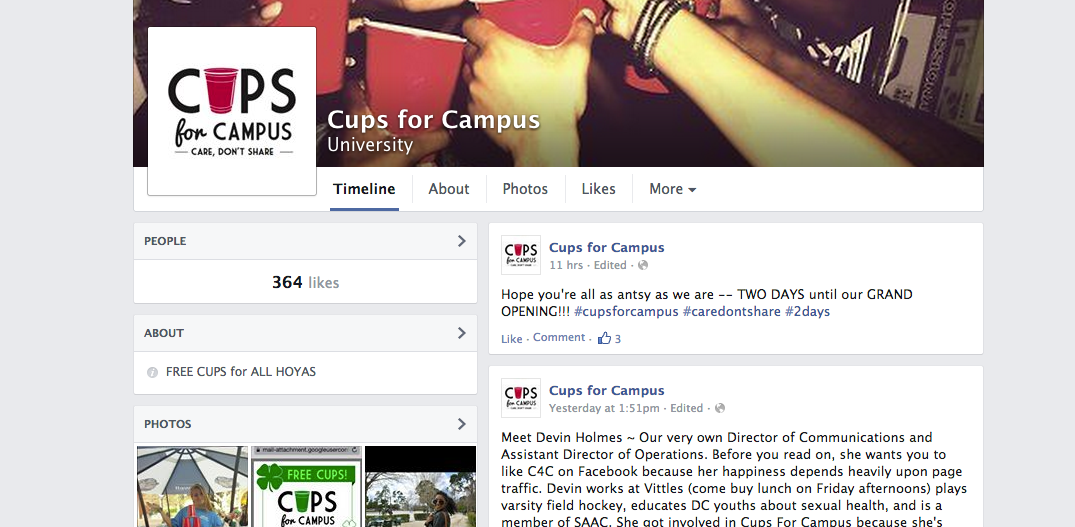Beginning tomorrow at 11 a.m., Cups for Campus will distribute disposable cups for students to promote health and prevent the spread of disease, especially at parties. The Editorial Board welcomes this new valuable service, as long as students take the necessary steps to dispose of the cups properly.
Health Education Services will fund Cups for Campus in order for all students to have access to clean, disposable cups free of charge. Currently, area stores charge exorbitant prices out of convenience for disposable cups. At Vital Vittles, a 50-pack of Solo cups costs $7.56, including tax. At Wisey’s, 30 Solo cups cost $4.79.
Students with limited incomes or without ample supplies of mugs in their kitchens may be unwilling and unable to pay for a hygienic environment for their peers, who will quickly deplete a pack of disposable cups for jungle juice and drinking games.
The spread of disease, especially through plastic cups at parties, has become an issue of concern on college campuses. While students who share cups could, at most, contract a common cold or a mild flu, more serious diseases such as mononucleosis and meningitis can easily be spread through cup sharing. These illnesses can have serious impacts on students and, as some in the campus community learned in a tragedy last semester, be life threatening. The Washington Post has attributed the college party scene to recent outbreaks of bacterial meningitis at Princeton University and the University of California at Santa Barbara.
With a visible outlet that provides free cups, the onus is now on party hosts to pick up clean cups and on students to not reuse or share cups with their friends. In line with recent Code of Conduct changes such as an alcohol amnesty policy, Cups for Campus helps foster a healthy living (and partying) environment on campus.
One concern for Cups on Campus is the potential environmental impact of circulating single-use plastic cups. Because the cups are free, students could develop a tendency to waste the cups they get from the program. Recycling programs on campus, however, can provide a solution. For example, Terracycle bins in the Leavey Center and various residence halls collect Solo cups to create deck chairs made of recycled plastic. Moving forward, the organizers of Cups for Campus should work to partner with the university’s environmental groups and initiatives to promote plastic cup recycling and prevent unnecessary waste.
Cups for Campus has the potential to greatly reduce the spread of disease among students. As long as the program works to ensure that recycling efforts are made to dispose of their cups properly, free cups for all students make sense for Georgetown.






